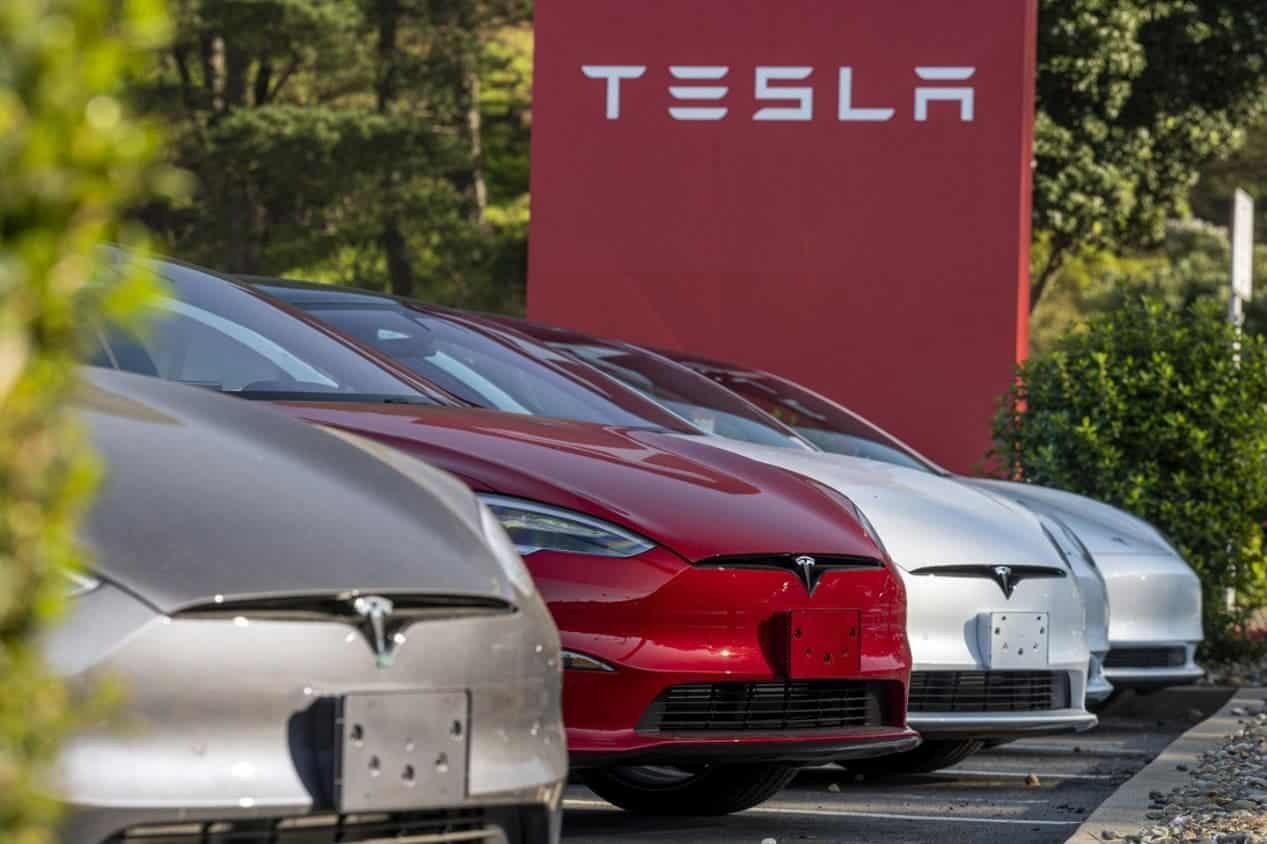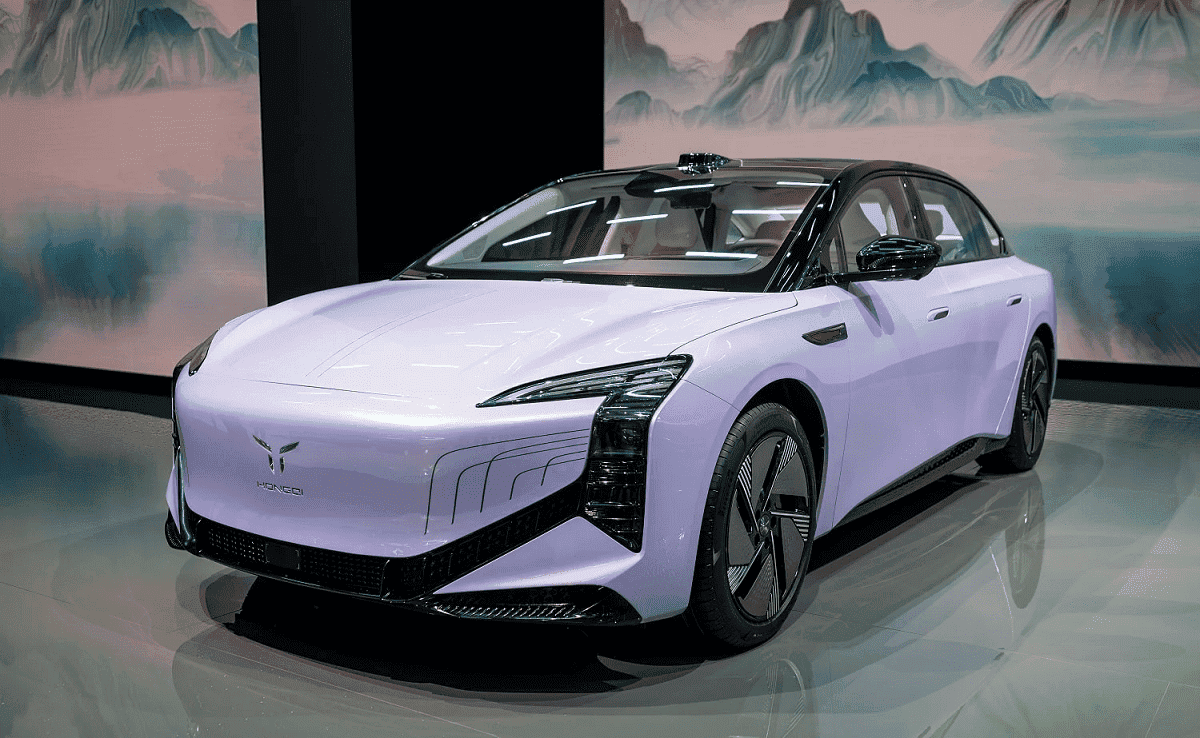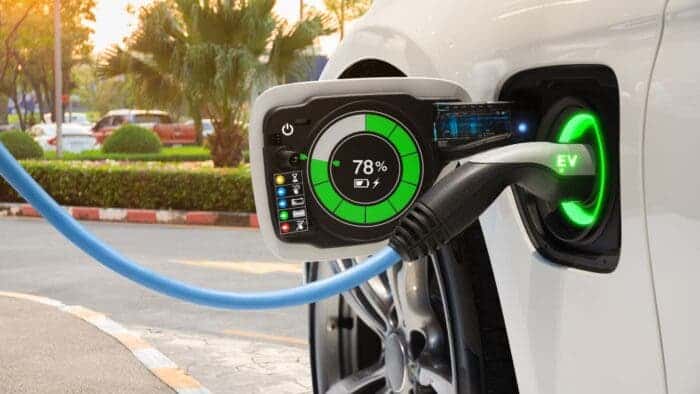The European Union (EU) has recently passed new laws aimed at improving the infrastructure for electric cars (EVs) across the region. One of the key provisions of these laws is the requirement for expressways to set up fast charging stations at regular intervals. Starting in 2025, fast charging stations will need to be present every 60 Km along the “trans-European transport (TEN-T) network“.

The Need for Fast Charging Stations
The need for these stations along highways is a huge step to tackling one of the main issues for electric car owners – range anxiety. Range anxiety refers to the fear of running out of battery power while driving and not having access to a charging station. By making sure that there is a charge station every 60 Km, the EU aims to take care of this issue. The EU claims that this will also allow more people to buy electric cars.
Specs for Fast Charging Stations
The new laws also specify the specs for these fast charging stations. According to the EU law, the charging stations must offer at least 150 kW of power. Also, Europe will mandate that, along primary routes, chargers with at least 400 kW output must be placed at least every 60 Km by 2026. These high – power charging stations will enable electric cars to charge quickly. It will also reduce the time spent at charging stations and make long – distance travel easier.
The EU claims that the fast charge station along the highway will have a good impact on electric car buys. One of the main barriers to wide electric car use has been the lack of charging stations. With this new law in place, owners of these cars will have higher faith when using their cars to make long trips.
Benefits for the Environment
When more fast charge stations are in place, it will not only help electric car owners but also the environment. Electric cars produce zero tailpipe emissions. Thus, they reduce air pollution and greenhouse gas release. The EU is now making laws that will encourage the use of more electric cars. The body is taking big steps to ensure that it meets its goals for climate protection. The EU is also making sure that it promotes sustainable transport.

Hurdles and Use of these stations
No doubt, the new laws are a good trend for the electric car industry. However, there are issues or hurdles that the region will need to tackle to ensure the smooth use of these stations. One of the main issues is the need for huge funding for the stations. The setup of fast charge stations every 60 Km along highways will need huge funds. There will be a need for an integration of many stakeholders as well as the govts. Also, charging station operators, and energy providers will be part of the setup.
Also, ensuring the interoperability of charging stations and standardizing charging protocols will be crucial. This will be very important for a seamless charging experience across different nations and charging networks. The EU will need to work closely with industry stakeholders. This will be needed to establish common standards. There is a need for cars from different brands to be compatible with the charging stations.
Final Words
The EU’s new regulations requiring fast charging stations every 60 Km along highways from 2025 are a significant step towards improving the infrastructure for electric vehicles. By addressing range anxiety and making long-distance travel more convenient, these regulations are expected to boost the adoption of electric vehicles and contribute to a greener and more sustainable transportation system. However, the successful implementation of these regulations will require collaboration and investment from various stakeholders to ensure the availability and interoperability of charging infrastructure across Europe.





